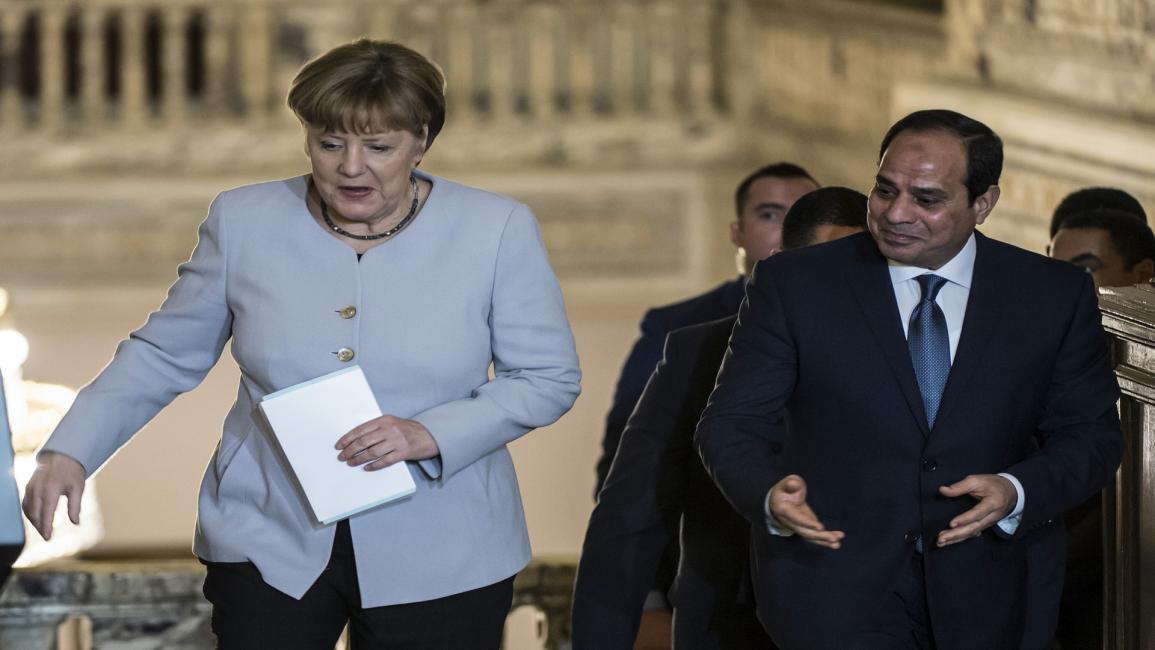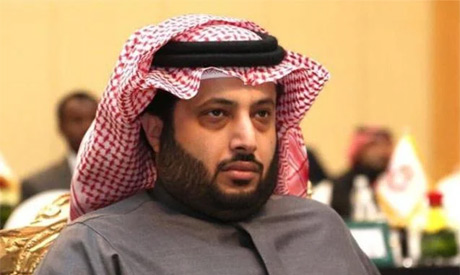Twitter has revealed the existence of thousands of accounts that promoted lies and were misleading in their support for the Egyptian regime and its regional allies (Saudi Arabia and the UAE). Twitter announced the suspension and deletion of approximately 9,000 fake accounts which were supporting the governments of Saudi Arabia and Egypt. These fake Twitter accounts amplified criticism of Iran, Turkey and Qatar, in contravention of social media policies.
Twitter added in a number of tweets on Thursday that it had deleted 2,541 accounts of an Egyptian company known as al-Fagr (The Dawn). Twitter added that this al-Fagr group is receiving instructions from the Egyptian government. Twitter also removed another 5,350 accounts linked to Saudi Arabia, Egypt, and the UAE, which inflated content praising the Saudi leadership and criticising Qatar and Turkish activity in Yemen. Twitter’s latest measures came after investigations involving five countries: Egypt, Honduras, Indonesia, Saudi Arabia, and Serbia. Twitter says there are regular reviews of all accounts within the framework of the transparency policy pursued by the site to stop all illegal government-backed operations worldwide.
Observers say that what was revealed by Twitter is just the tip of the iceberg and that the process of lying practiced by the Egyptian regime is much deeper than that. Egyptian opponents say that the Egyptian regime used companies and hundreds of employees to create thousands of fake accounts to promote lies. The Egyptian regime aims to portray the existence of public opinion as supporting its policies, through social media.
In the aftermath of the January 25, 2011 revolution, Arab regimes discovered that traditional media no longer worked. Arab rulers realised that social media has become more influential than traditional media, and that is why they are beginning to spend a lot of money in order to control social media. The Saudi and UAE regimes, in addition to Egypt, became able, through these accounts, to promote more profound lies than what the traditional media do. The Egyptian regime has promoted lies through these accounts in a way that its media cannot be held accountable. These accounts were also able to falsely promote the existence of public opinion in support of the regime, or against the opposition parties. Through these false accounts, the Egyptian regime tried to distort its opponents and systematically spread rumours about them through thousands of tweets. Sometimes these accounts used fabricated photos and videos.
Observers confirm that the actions taken by Twitter did not completely eliminate the problem, and that there are still thousands of other accounts that have not been disclosed and are performing the same task. Opponents fear that these companies will create alternative accounts, which makes the process of lying and misleading an ongoing process that is impossible to stop. Activists are calling for the necessity of not allowing the creation of alternative accounts for the deleted ones, as well as calling for tracking these accounts, revealing those responsible, and holding them accountable.





Recent Comments